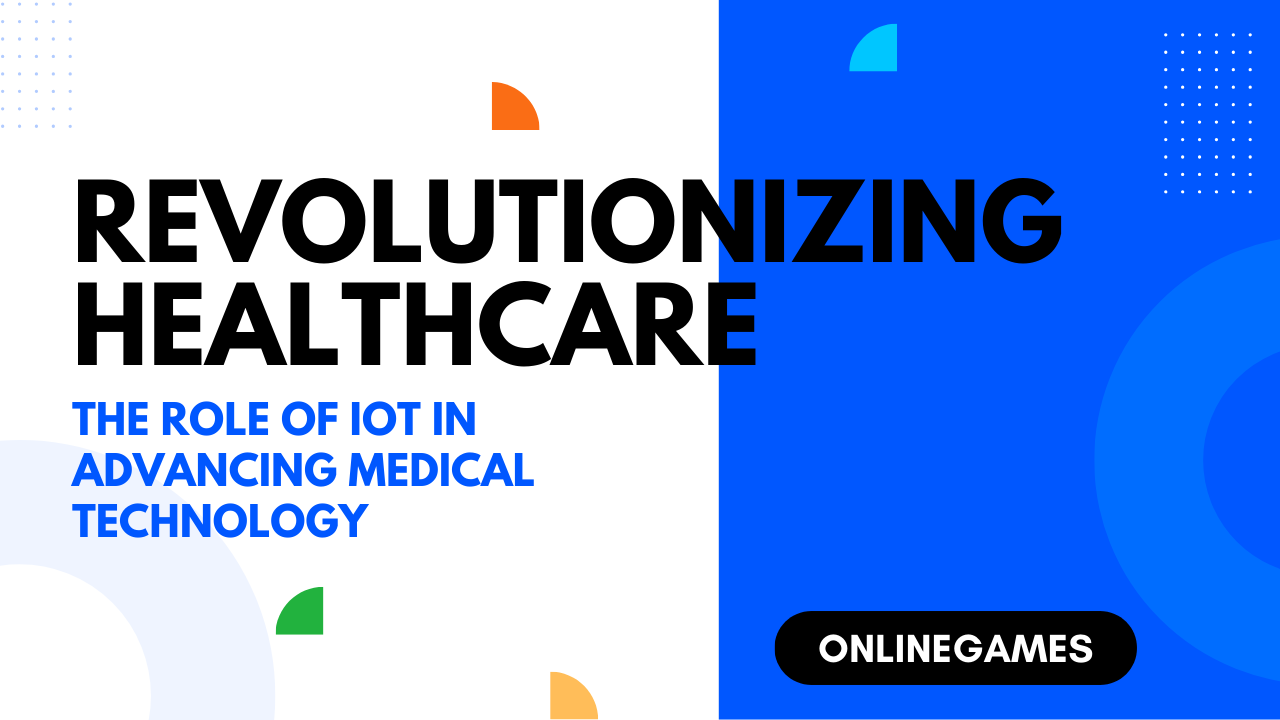In the realm of healthcare and medical technology, the Internet of Things (IoT) is ushering in a new era of innovation, transforming how healthcare providers deliver services, monitor patients, and manage medical facilities. By integrating IoT devices and systems into medical environments, healthcare organizations can enhance patient care, streamline operations, and improve overall efficiency.
Enhancing Patient Monitoring and Care Delivery
One of the primary applications of IoT in healthcare is remote patient monitoring. IoT-enabled devices such as wearable sensors, smartwatches, and biometric monitors allow healthcare providers to track patients’ vital signs, activity levels, and medication adherence in real time. This continuous monitoring enables early detection of health issues, facilitates proactive interventions, and reduces the need for frequent hospital visits, particularly beneficial for patients with chronic conditions or those recovering from surgeries.
Moreover, IoT facilitates telemedicine by enabling secure video consultations and remote diagnostics. Healthcare professionals can remotely monitor patients’ conditions, adjust treatment plans, and provide timely medical advice, expanding access to healthcare services, especially in underserved or rural areas.
Improving Operational Efficiency in Healthcare Facilities
IoT plays a pivotal role in optimizing operational efficiency within healthcare facilities. Asset tracking systems equipped with IoT sensors enable real-time monitoring of medical equipment and supplies, reducing inventory discrepancies and ensuring timely replenishment. Additionally, IoT-enabled smart hospital infrastructure can automate tasks such as room temperature control, lighting adjustments, and energy management, creating a comfortable environment for patients and staff while minimizing operational costs.
Advancements in Medical Device Connectivity
IoT connectivity enhances the functionality of medical devices by enabling seamless data exchange and integration with electronic health records (EHR) systems. For example, IoT-enabled implantable devices can transmit patient data to healthcare providers, enabling remote monitoring of post-operative recovery and ensuring timely intervention in case of complications. Furthermore, smart medication dispensers equipped with IoT technology can track medication usage, provide dosage reminders, and alert caregivers or patients about potential drug interactions or adherence issues.
Leveraging Data Analytics and AI in Healthcare
The proliferation of IoT devices generates vast amounts of healthcare data, which, when combined with advanced analytics and artificial intelligence (AI), can yield valuable insights for improving patient outcomes and operational efficiency. AI algorithms can analyze IoT-generated data to identify patterns, predict disease progression, personalize treatment plans, and optimize resource allocation within healthcare organizations.
Addressing Privacy and Security Concerns
While IoT offers substantial benefits to healthcare, ensuring data privacy and security remains paramount. Healthcare organizations must implement robust cybersecurity measures, such as encryption protocols, secure data transmission channels, and access control mechanisms, to protect sensitive patient information from unauthorized access or breaches. Additionally, adherence to regulatory standards such as the Health Insurance Portability and Accountability Act (HIPAA) ensures that patient data is handled in compliance with legal requirements, safeguarding patient privacy and maintaining trust in healthcare services.
The Future of IoT in Healthcare
Looking ahead, the future of IoT in healthcare holds promise for further advancements in personalized medicine, remote patient monitoring, and predictive analytics. Emerging technologies like 5G connectivity and edge computing will enhance the speed and reliability of IoT applications, enabling real-time data processing and decision-making at the point of care. Moreover, ongoing collaborations between healthcare providers, technology developers, and regulatory bodies will drive innovation and establish best practices for leveraging IoT to its fullest potential in improving global healthcare delivery.
IoT technology is revolutionizing healthcare by enhancing patient care, optimizing operational efficiency, and fostering innovation in medical technology. By harnessing the power of IoT-enabled devices and data-driven insights, healthcare providers can deliver more personalized, efficient, and accessible healthcare services, ultimately improving outcomes and quality of life for patients worldwide.






